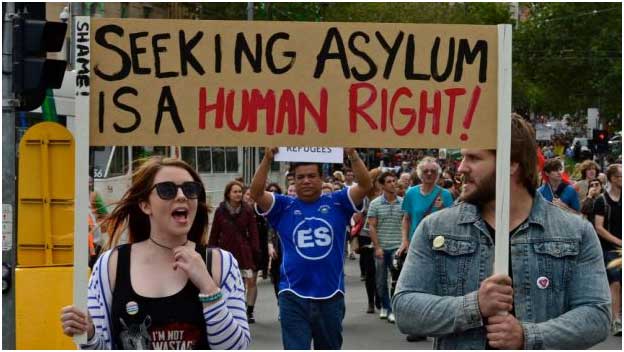JUSTLY.info is a collection of reports, articles, photographs, speeches and information material on certain social justice areas, particularly dealing with Timor-Leste, West Papua and refugees.
Of particular concern is the matter of “Witness K” and Bernard Collaery, two outstanding Australian patriots who are being pursued by the Australian government and face jail. This pursuit as an abuse of power, an attempt to scapegoat the defendants in order to cover up government wrong-doing.
In 2004 Australia bugged the offices where the Timorese maritime negotiators met, preparing for their meetings with Australian officials to determine each nation’s share of the Greater Sunrise area of the Timor Sea. The CMATS Treaty was signed on the basis of this corrupted process. Once the Timorese government found out that spying had taken place, it withdrew from the Treaty and set in motion the steps necessary for the setting of maritime boundaries.
The Timorese government withdrew the case it had brought to the international court against Australia, thus relieving us of the responsibility of spying for our financial gain on one of the poorest nations in the world.
Witness K and Bernard Collaery are charged with making known – between 2008 and 2013- to the Government of Timor-Leste that Australian officials had spied on the negotiations concerning the resources of the Timor Sea in 2004.
However, on 3 May 2013, the then Foreign Minister Bob Carr and his deputy Mark Dreyfus issued a joint press release concerning the accusation of espionage. On 29 May 2013, Leo Shanahan, a NewsCorp journalist, wrote a 1,000-word article in The Australian detailing an interview with Collaery over the spying. Neither Carr, Dreyfus or Shanahan are mentioned in the charges.
It is extraordinary that two Australians now have been charged for publicising the Australian action. The resuscitation of this embarrassing but dead cat would surely have to be the own goal of modern Australian history.
The prosecutions of the two Australians come under harsh national security legislation which the government argues is necessary to protect Australian secrets in the present climate of anxiety over terrorism.

